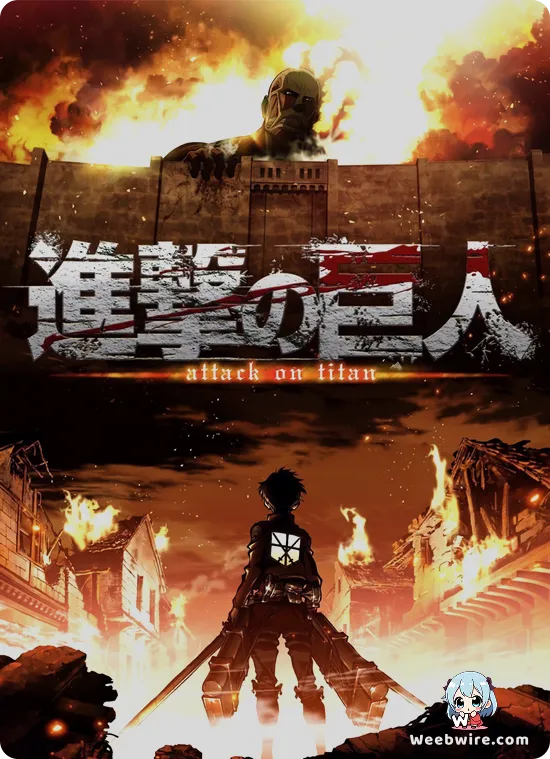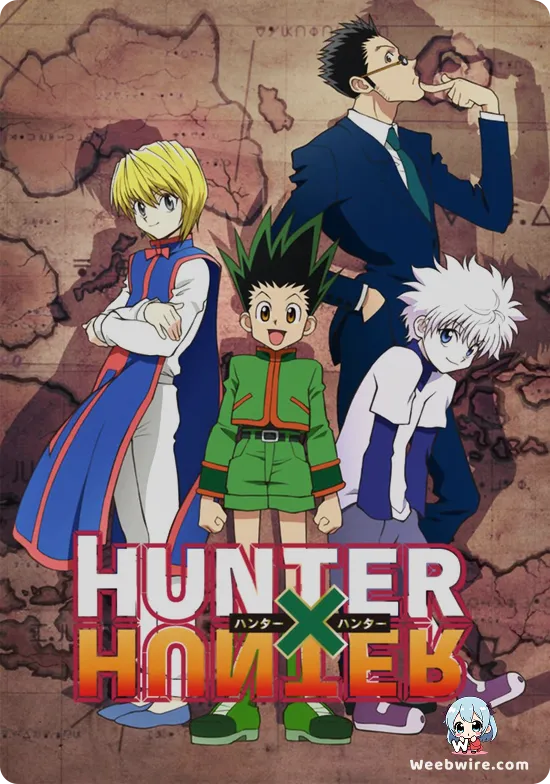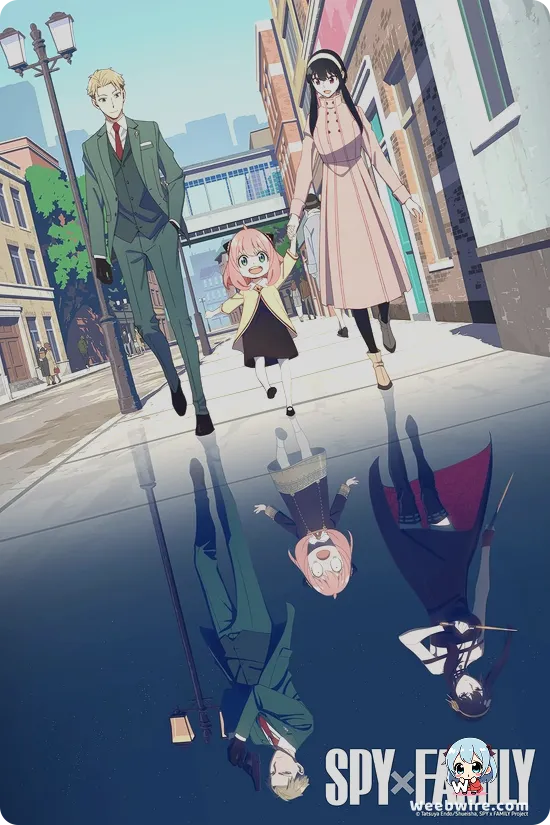Beyond the Classroom: Unearthing the Secret History and Identity Crisis Driving The Demon Sword Master of Excalibur Academy
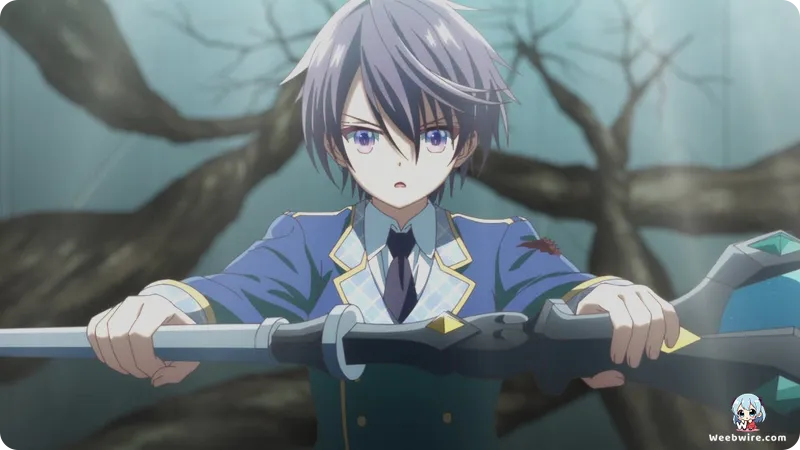
While The Demon Sword Master of Excalibur Academy delivers intense, high-octane action within a traditional academy framework, the true depth of the series lies in its meticulous world-building and character psychology. These sophisticated details are often overlooked by casual viewers. The central narrative hook, focusing on the terrifying Demon Lord Leonis Death Magnus (Leo) being abruptly resurrected after a millennium sealed away, only begins to explore a complex examination of identity, the evolution of magical theory, and the enduring weight of history.
The Dual Identity of Leonis Death Magnus
At the core of the story is the profound existential crisis facing Leo. He is not merely a Demon Lord inhabiting a child’s body; he is the ancient Vampire King, possessing millennia of brutal strategic brilliance and unmatched combat skill. His current form as a vulnerable 10-year-old forces him into a constant, often comedic, struggle to conceal his true nature. The dissonance is immense: a being whose true name, Leonis, is synonymous with world-ending terror must now navigate school life, censoring his archaic, devastating vocabulary and methods to masquerade as a student.
His overwhelming ‘Dark Arts’ spells, which were essentially weapons of mass destruction from his era, are now cleverly passed off as advanced, yet simple, ‘Mana’ parlor tricks within the modern, peaceful academy structure.
A Thousand Years of Magical Evolution
The very fabric of magic has shifted dramatically in the 1,000 years since Leo's slumber. The world is now plagued by 'Voids' and 'Void Creatures,' entities entirely foreign to Leo, replacing the traditional demonic forces he once commanded. This shift reflects a core change in reality. Leo’s utter confusion regarding modern 'Mana' theory, which is systematically codified and democratized in institutions like Excalibur, stands in stark contrast to the ancient magic he mastered. His old system was rooted purely in innate power, bloodlines, and ancient pacts.
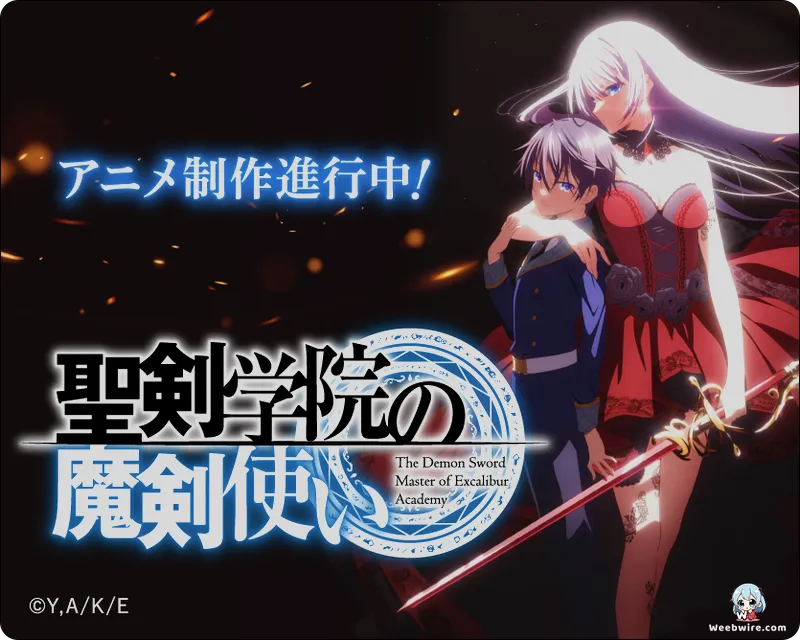
His effortless command of the 'Dark Arts,' now regarded as extinct mythology, positions him as a living historical anomaly whose existence fundamentally challenges modern magical understanding.
Production Challenges and Character Depth
The anime adaptation, helmed by Studio Passione, renowned for its strong visual flair and dynamic action sequences, faced a unique challenge. Passione had to meticulously balance Leo’s overwhelming, army-destroying power with the need to maintain relevant stakes within the school setting. This required ingenious visual structuring, where Leo often pretends his ancient might is merely a sophisticated application of standard Mana, demanding creative solutions from the production team to showcase his strength without immediately resolving every conflict.
Layered within this grand conflict is the compelling character trivia surrounding the main heroine, Liselia Ray Vamfield. Though outwardly a courageous and highly skilled swordswoman, Liselia harbors deep insecurity rooted in her half-Vampire heritage. In a world defined by the fear and eradication of Void Creatures, her mixed blood generates intense self-doubt, despite her dedication to protecting humanity. The dramatic irony is palpable: her new roommate, Leo, is the progenitor of the Vampire race himself. Her struggle for self-acceptance, coupled with Leo's genuine, albeit masked, protective instinct, forms a powerful emotional core. Her sacred sword, a symbol of anti-darkness, thus becomes a fascinating physical and symbolic counterpoint to Leo’s immense dark power, cementing their accidental yin-and-yang partnership.
Finally, series author Yuu Shimizu is known for constructing similar narratives featuring powerful protagonists navigating institutional constraints. This pattern is evident in their previous work, Blade Dance of the Elementalers, offering thematic continuity for established fantasy fans.
Credits
The Demon Sword Master of Excalibur Academy
Author
Yuu Shimizu
Cover Art
Asagi Tōsaka
Studio
Passione
Publisher
Media Factory
Producers

